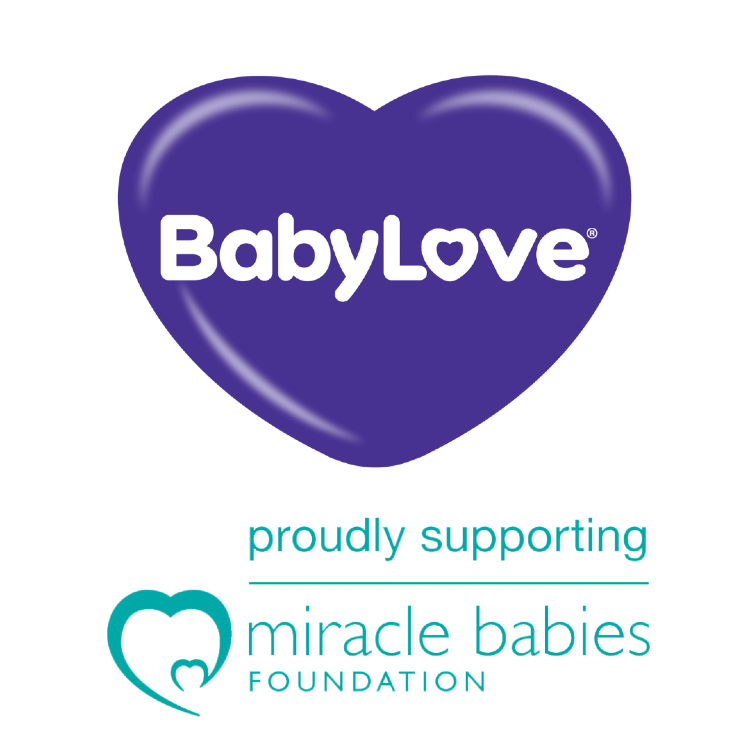Birth Trauma Awareness Week
This year, Birth Trauma Awareness Week falls on the 15–21 of July 2024 and the theme is Informed Consent. The debate around informed consent (permission) in prenatal and birthing care is ongoing among maternity experts, families, and the government, especially after the NSW Parliamentary Inquiry.
Informed consent is essential for respectful maternity care. Everyone deserves to know their choices, risks, and alternatives during childbirth. Everyone has the right to make the decisions that are right for them. Yet, in healthcare, this principle is often ignored or misunderstood, potentially causing trauma for birthing individuals and families.
Birth Trauma is a woman’s experience of interactions and/or events related to childbirth that cause overwhelming distressing emotions and reactions, leading to short and/or long-term negative impacts on a woman’s health and wellbeing.
Birth-related trauma can be physical or psychological, or a combination of both. Birth-related trauma impacts mothers, birthing parents, fathers and non-birthing parents.
Physical trauma (birth injuries) may or may not be identified straight away. You may be the first to notice that something isn’t right
Physical trauma can present as:
- Perineal tears
- Bladder damage
- Pelvic floor muscle damage
- Pelvic organ prolapse (POP)
- Infected stitches
- Incontinence/leaking of wee or poo
- Pelvic fractures (public bone, coccyx, sacrum)
- Cesarean wounds
Birth can be wonderful, but sometimes it is frightening and even traumatic; this is known as Psychological birth-related trauma.







